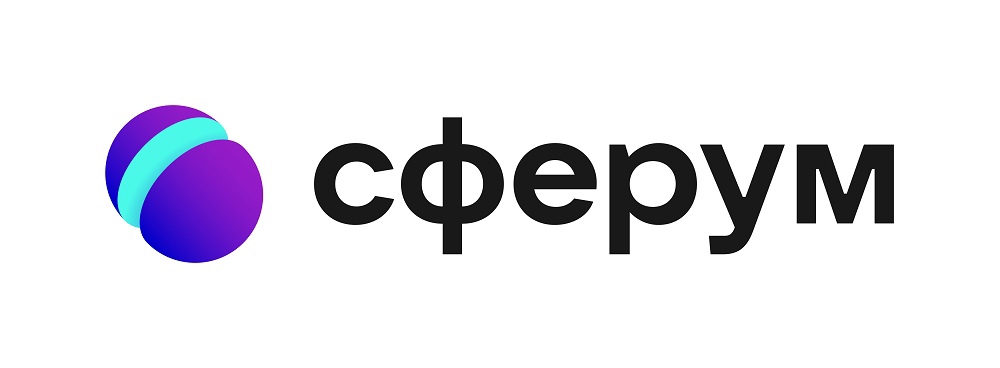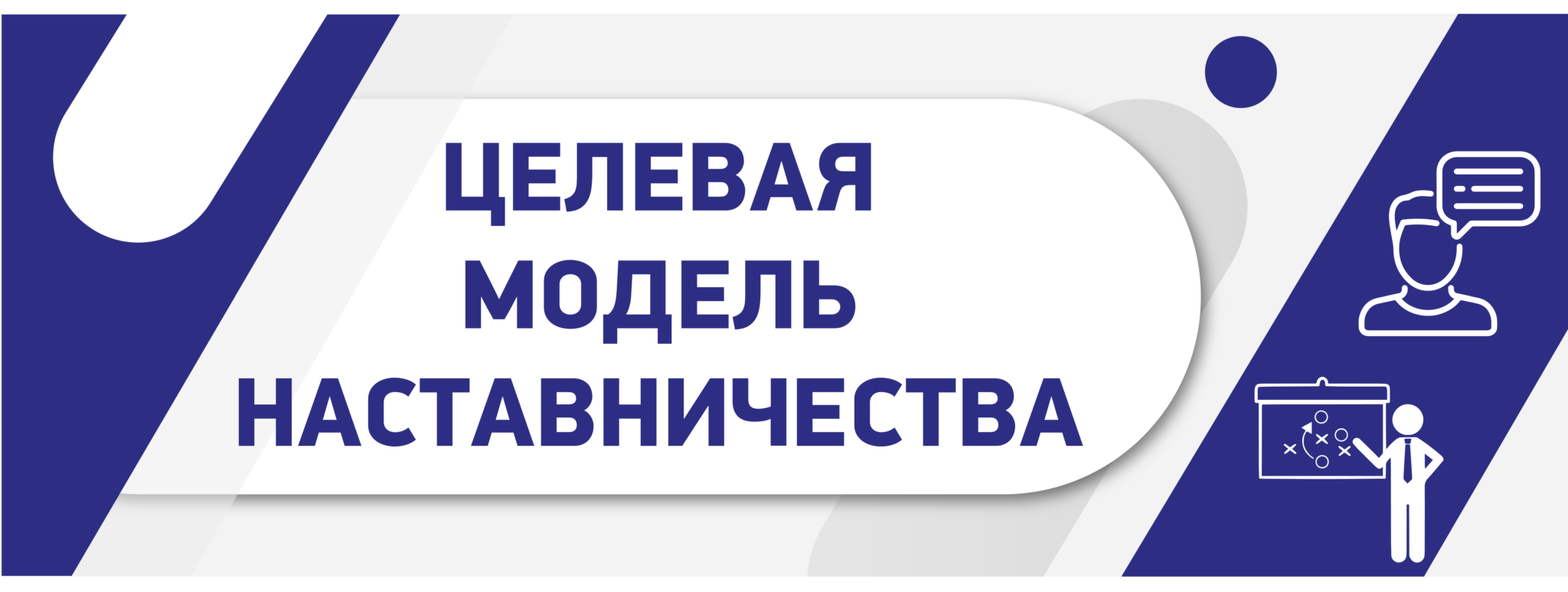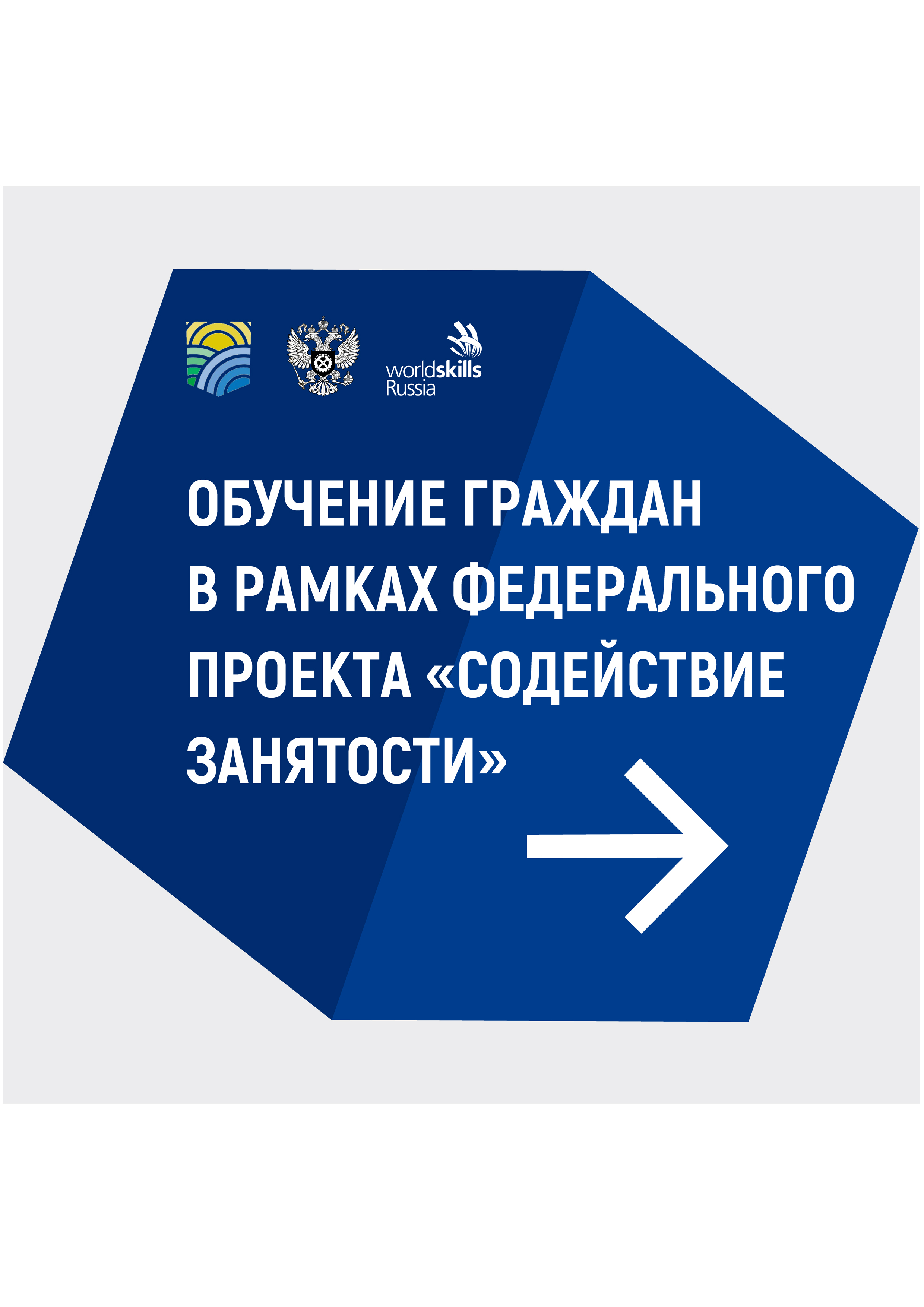What Personal Injury Attorneys Do
If you’ve suffered injuries because of someone else’s negligence you’re entitled to compensation for your loss. Personal injury lawyers assist victims of accidents recover the money they need to pay for medical bills, lost wages and other expenses.
Make sure you’ve got the expertise to handle similar cases to yours when choosing an attorney for personal injury. Also, inquire if they’re licensed by the bar association to practice in your state.
Damages
Following an injury damages are the amount of compensation a personal injury lawyer will pay to their client. The damages may include money for medical expenses, lost wages, and property damage caused by the accident.
If you can provide proof of the financial loss or expenses associated with your injuries, economic damages can be easily calculated. A personal injury lawyer can review medical records, prescription and treatment receipts as well as other documents, to prove that your expenses were caused.
Loss of income or loss of income damages are based on the amount of time you missed work because of your injury. This includes all wages you earned before the accident and the wages you would have earned during that period had you not been injured.
Damages can also be used to calculate the cost of medical treatment in the future, therapy and rehabilitation as well as any other treatment you might require due to your injuries. This type of damages can take a while to estimate and therefore it is important to keep a record and documentation for all expenses related to your accident.
Non-economic damages refers to intangible losses that could result from personal injuries such as suffering and pain, or emotional distress. These losses include depression, anxiety and the inability to concentrate or sleep.
The amount of damages you receive can differ from case to case, because of the various nature of the injuries. A free consultation with an attorney for personal injuries is the best way to determine your compensation. Lawyers with experience in injury like Marya Fuller are well-versed and committed to getting the maximum amount of compensation for their clients’ injuries. Contact us today for your free consultation.
Complaint
A complaint is the first document filed by a plaintiff in court under personal injury law. It informs the court that you have initiated an action for legal relief against the party who injured you (defendant) and sets out the facts and legal reasons for your case.
The complaint typically contains a number of counts, dependent on the nature of the claim. A toxic tort lawsuit could contain multiple charges of negligence, nuisance or violation of local consumer protection laws.
Your lawyer will make sure that your complaint is complete with all the crucial details that will assist you in winning your case. For instance, it may be supported by a caption of the case and a list of facts that are likely to be relevant in your case.
You will also need to describe the kind of damages that you’re seeking. It is possible to prove that you were unable to work or that you’ve suffered medical expenses as a result the accident.
It is important to note that some states have caps on the amount you can claim for damages. Before you make a complaint or calculate the value of your claim it is crucial to talk with your attorney.
After you’ve completed and submitted your complaint it will be officially served on the defendant via the legal process known as service of process. This is accomplished by obtaining a summons from the court. This is an official notice that informs the defendant that you’re suing them and that they have 30 days to respond.
Your lawyer may also begin the process of discovery to gather evidence to support your case. This may involve sending an interrogatory to the defendant or taking depositions of witnesses and experts.
Discovery
Discovery is a procedure personal injury attorneys use to gather evidence. The aim of discovery is to create an evidence-based case on behalf of the plaintiff and demonstrate that the plaintiff is entitled to compensation.
In many instances, a settlement can be reached between the parties before trial. This can reduce the cost of the case. It helps the parties get a better idea what their case might look like in court.
The process of discovery can be lengthy and may not be possible in all cases. An experienced attorney can guide you through this process.
Interrogatories, depositions and requests for admission are the most commonly used forms. These tools can all be very helpful in the event of a personal injury claim.
Depositions are a question-and-answer session in which a lawyer questions the plaintiff under the oath. The questions typically focus on the plaintiff’s injuries as well as how they affect his or her daily life.
Although they are similar to depositions and requests for admission, they ask the other party under oath to confirm certain facts or documents. These requests can save you time and allow you to challenge the claim of the defendant in the event of a need.
Document production is a method to discover that allows the plaintiff to obtain copies all documents that pertain to her case. These documents can include medical records, police reports, and any other documents that can be used to prove the claim.
Discovery can take an extensive amount of time in the majority of personal injury cases. It can also be complicated. It is crucial to consult a knowledgeable personal injury lawyer to learn the best ways to navigate this procedure.
Litigation
Litigation is a legal proceeding that involves filing documents with a court in order to have a dispute resolved. Although it can take several months to finish but it is usually worthwhile to receive a favorable ruling following the case’s presentation before an adjudicator.
Personal injury lawyers employ litigation to assist clients in obtaining financial compensation for the damages caused by an accident. This can include money to cover future and past medical bills, property damage and other expenses arising from an accident.
Personal injury lawyers usually investigate the cases of their clients and contact insurance companies to bring a lawsuit. They contact their clients frequently and keep them informed of any important developments.
A complaint is the initial step in a lawsuit. It is written documents that outline the rights of the plaintiff as well as details the actions of the defendant. It also details how much the plaintiff seeks in damages.
After a lawsuit is filed, the defendant will generally have a specific amount of time to respond to the complaint. If the defendant fails to respond, then the case will move to an appeal before an adjudicator.
During the trial the arguments and evidence are presented in front of an impartial jury and judge. The jury will decide whether the defendant caused injury to the plaintiff.
If the jury determines that the defendant has caused harm to the plaintiff then the jury will make a decision to award damages. The damages could be in the form of a monetary settlement or an order to the defendant to pay a certain amount. The amount awarded is based on a variety of factors which include the degree of suffering and pain suffered by the victim.
Settlement
Settlement is the preferred option for victims in personal injury lawsuits. It allows them to settle their case without having to go to trial. This is because a lot of people prefer not to face the media and scrutiny that a trial may cause. In fact, a significant percentage of all civil cases settle without going to trial.
The amount the plaintiff will receive in a settlement for personal injury is contingent on a variety factors. An attorney for personal injury can help determine how much a client should be awarded by collecting evidence and establishing a compelling case.
A personal injury lawyer can help determine the extent of damages by obtaining information regarding medical bills or missed work days, as well as other expenses. Attorneys can also collect witness testimony and other documents in connection with the accident.
Once a settlement has been reached and the insurance company has agreed to pay the plaintiff a sum. This could take the form of a lump sum payout that is where the whole settlement is paid to the plaintiff all at once or a structured settlement in which the payment is spread over a specific period of time.
It is vital to take note of the fact that income tax might apply to settlement funds. This is particularly applicable to those who receive an organized settlement because the settlement funds will be paid to the plaintiff in installments.
Personal injury attorneys can help you get an settlement as soon as possible following your accident. They can also issue a demand note to the insurance company. This will enable you to begin negotiations on your terms. They can also prepare a settlement package , which includes the demand letter along with materials that show why you deserve what you are demanding.























